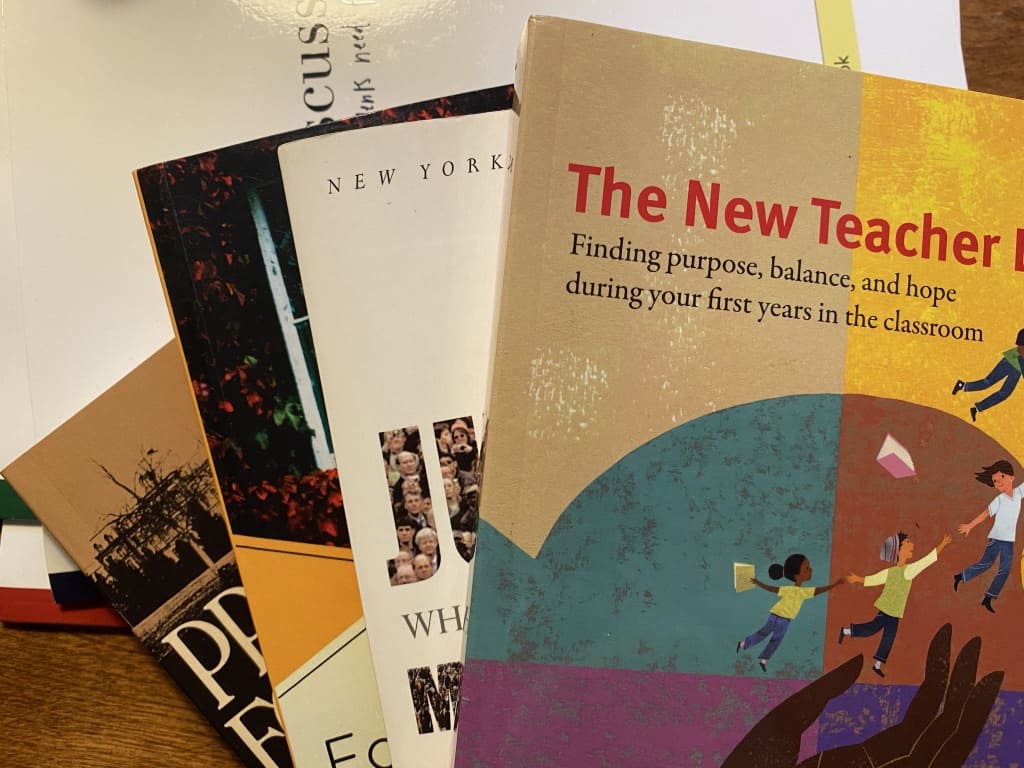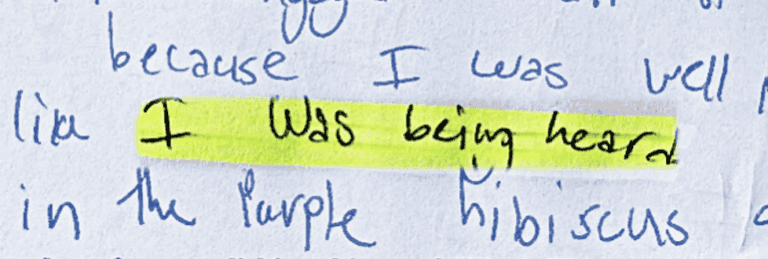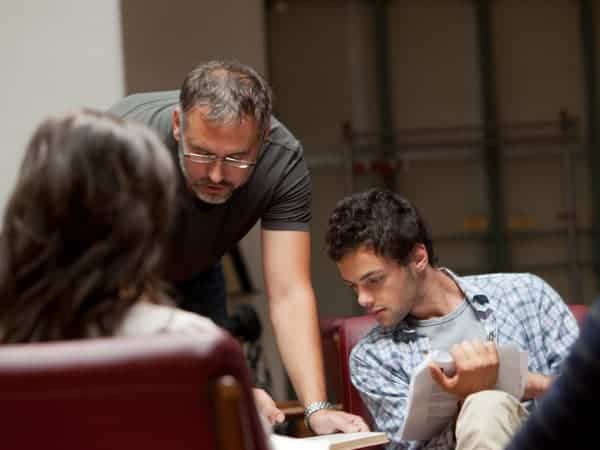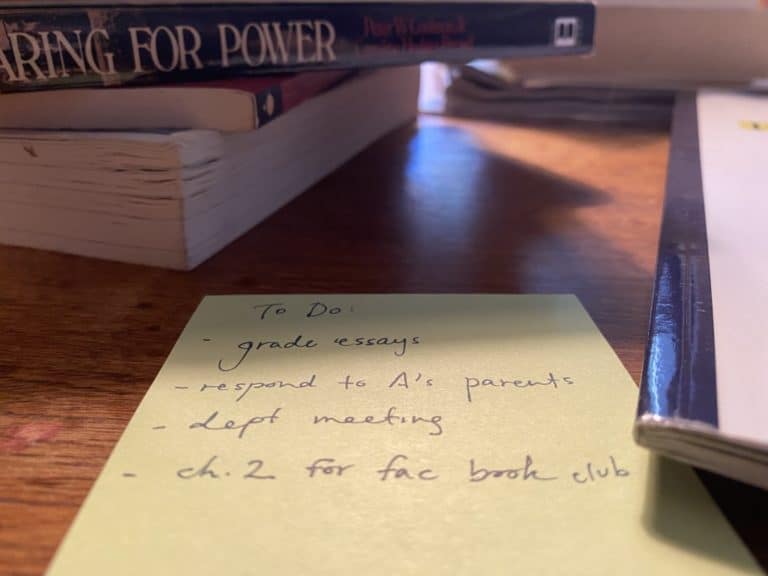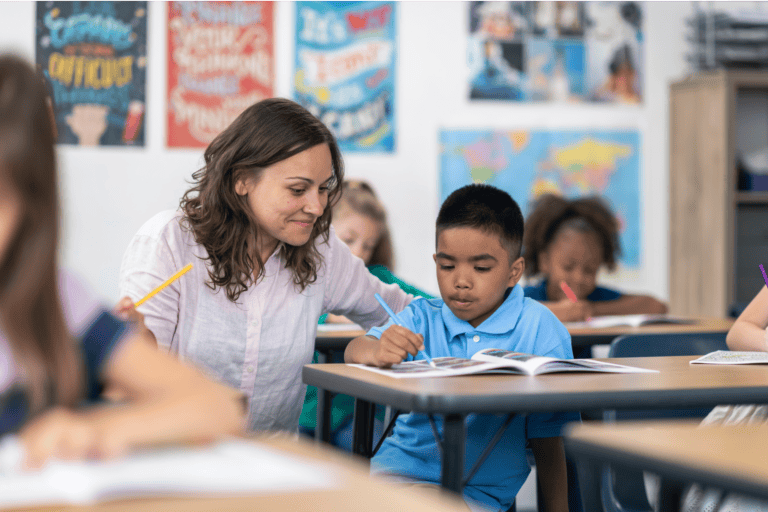Co-Creating Courses with Students? It’s possible.
Footnotes posts summarize the newest research related to student-led discussion. Think of it as teacher-approved SparkNotes (with better citations) for papers published by top schools of education, research-based websites, and think tanks.
Alison Cook-Sather, “Respecting Voices: how the co-creation of teaching and learning can support academic staff, underrepresented students, and equitable practices.” This study, out of Bryn Mawr and Haverford Colleges and published in Higher Education in 2020, introduces and measures the efficacy of a compelling teaching and learning initiative. Cook-Sather frames the history and connotations of the term “voice” for faculty and students, establishing a middle ground between the two in which “voice” means “the actual speaking of academic staff and students” about the work of the classroom. Through the co-creating partnerships at the two colleges, she argues, both students and teachers gain perspective and expertise to inform their work and strengthen curricula and pedagogical practices. We highly recommend reading the report to learn about engaging student voice not just around culture or for the purpose of responding, but in the spirit of authentic collaboration. In the secondary school environment, such program could offer inspiration for advising programs or student leadership programs, especially as schools tackle questions of equity and student motivation in the coming years.
